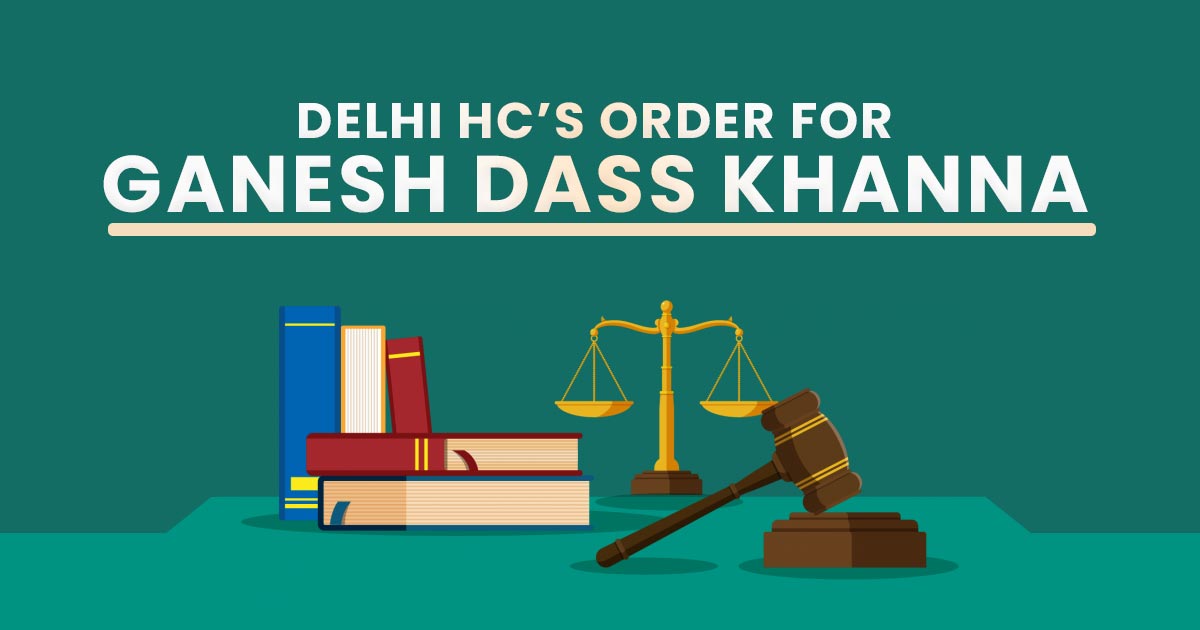
Tax regulations often prove intricate, occasionally necessitating court involvement to align Assessing Officers’ conduct. Recently, the Delhi High Court clarified that the extended 10-year review period for Income Tax assessments is applicable only when the estimated undisclosed income surpasses Rs 50 lakh.
Justices Rajiv Shakdher and Girish Kathpalia stressed that, in “ordinary cases,” no notice should be issued if the concealed income is below Rs 50 lakh and three years have elapsed from the conclusion of the relevant assessment year. Consequently, the court invalidated approximately 50 reassessment notices issued by the AO concerning AY 2016-17 and 2017-18, involving concealed income below Rs 50 lakh.
Tax professionals and practitioners have lauded the court’s ruling, foreseeing that this clarification will act as a valuable mechanism to challenge and dismiss unwarranted notices from the Income Tax Department in the future. This judgment should gradually establish itself as the standard in jurisprudence, ensuring that anomalies continue to be rejected by courts in line with the law.
Regarding previously issued notices and ongoing proceedings based on them, any old notices issued under section 148 and ongoing proceedings will be discontinued if the escaped income is below Rs 50 lakh.
The High Court’s ruling doesn’t aim to alter existing rules or propose new ones. Instead, it provides a clear elucidation of the crucial legal standpoint on the applicable time limits for tax notices. This clarification is supported by a comprehensive analysis of provisions from both old and new re-assessment regimes, notifications, and the Supreme Court’s ruling in the Ashish Agrawal case.
The Court has provided significant relief by annulling notices in cases where section 148 notices were issued under the old regime (related to AY 2016-17 and AY 2017-18) after the Supreme Court judgment in Ashish Agrawal. These cases surpass the three-year threshold, yet the escaped income is less than Rs 50 lakh. Overall, this ruling is a positive outcome for taxpayers.
Let’s delve deeper into Section 148 of the Income Tax Act, which empowers authorities to issue notices for the reassessment of income.
Demystifying Section 148 of the Income Tax Act
Section 148 of the Income Tax Act, 1961, enables Assessing Officers to issue notices to re-evaluate a taxpayer’s income tax return (ITR) if there’s a reasonable belief that taxable income has escaped assessment for any assessment year. Essentially, this means that the AO suspects the taxpayer of either underreporting or omitting income in their return.
Under this provision, the AO is empowered to send a notice to the taxpayer for a reassessment of income. However, typically, a notice cannot be issued if three years have passed since the conclusion of the relevant assessment year. If there’s evidence of income concealment of at least Rs 50 lakh, a notice can be issued beyond three years but within 10 years from the end of the relevant assessment year.
An Amendment Overview of Revision to Section 148
The Finance Act of 2022 introduced a fresh addition, Sub-section 148A, compelling Assessing Officers to conduct an inquiry and grant taxpayers a chance to present their case before issuing a notice under Section 148. Under Section 148A(b), the assessing officer is obliged to serve a notice to the taxpayer, providing relevant information and adverse material indicating potential income tax evasion.
Read also: Delhi HC Removes Notice Due to Failure to Provide Clear Explanation for Charges
It’s crucial to highlight that the ten-year time limit can only be invoked in “serious tax evasion cases” where tangible evidence is present. Mere allegations of evasion surpassing Rs 50 lakh aren’t adequate. The AO must possess evidence that the undisclosed income amounted to Rs 50 lakh or more.
Despite this provision, field officers were issuing notices for suspected evasion amounts less than Rs 50 lakh. At times, the alleged evasion value was inflated to over Rs 50 lakh without any supporting evidence in the possession of the AOs.
Upon receiving a notice under Section 148(b), taxpayers have the opportunity to provide their clarifications and supporting documents within the specified timeframe. Ordinarily, the response time for a notice under Section 148 is 30 days, unless the notice specifies a shorter period.
Upon reviewing the taxpayer’s response, the income tax officer will decide whether to issue a reassessment notice. Should they opt to reopen the case, the officer is required to provide the taxpayer with a copy of the order and a notice under Section 148.
Upon receiving a notice under Section 148 for reassessment, the initial step is to scrutinize the recorded reasons. If the reasons stated in the notice are unsatisfactory or appear baseless to the assessee, they retain the right to raise an objection, contesting the notice’s validity. Should the Assessing Officer (AO) dismiss the objection, the assessee can alternatively file a writ petition with the High Court, even before the assessment or reassessment process concludes.
| Case Title | Ganesh Dass Khanna Vs ITO |
| Citation | W.P.(C) 11527/2022 & CM APPL. 34097/2022 |
| Date | 10.11.2023 |
| Counsel For Petitioner | Satyen Sethi |
| Counsel For Respondent | Kunal Sharma |
| Delhi High Court | Read Order |








